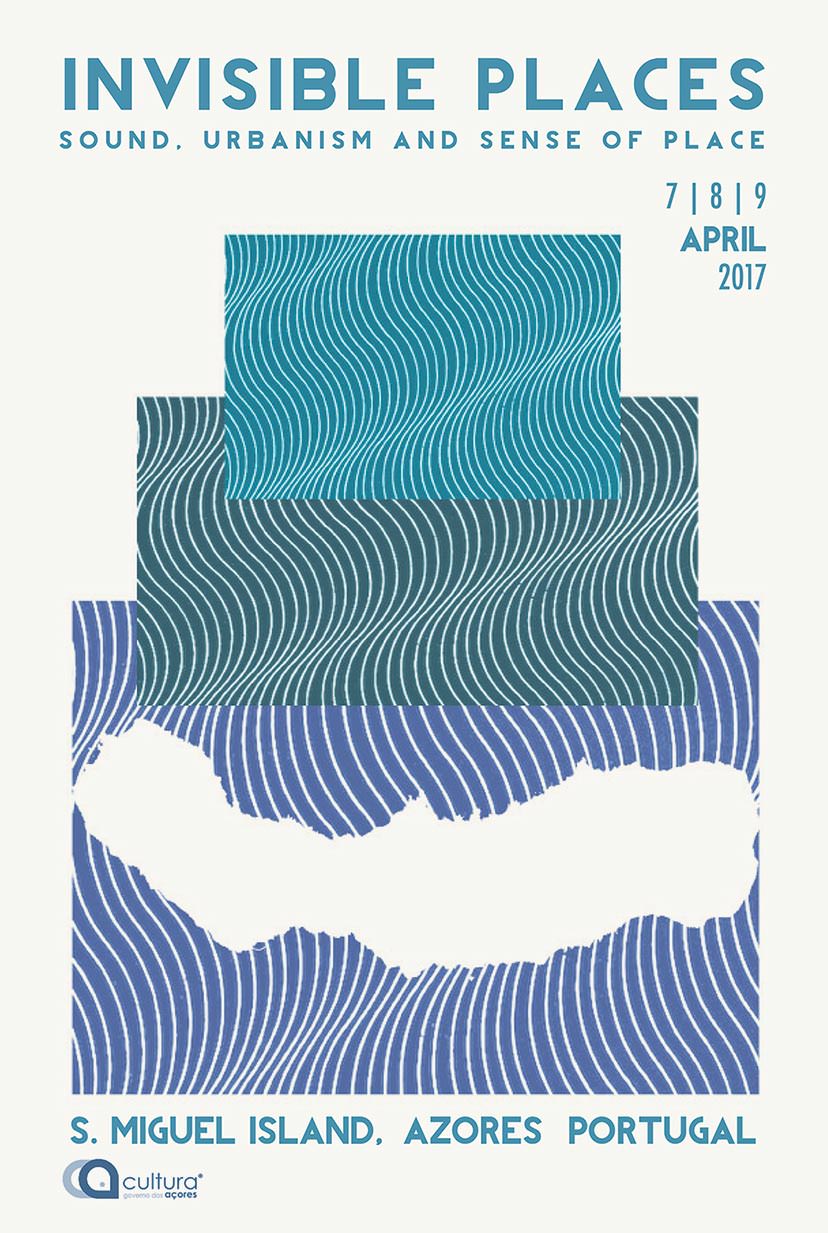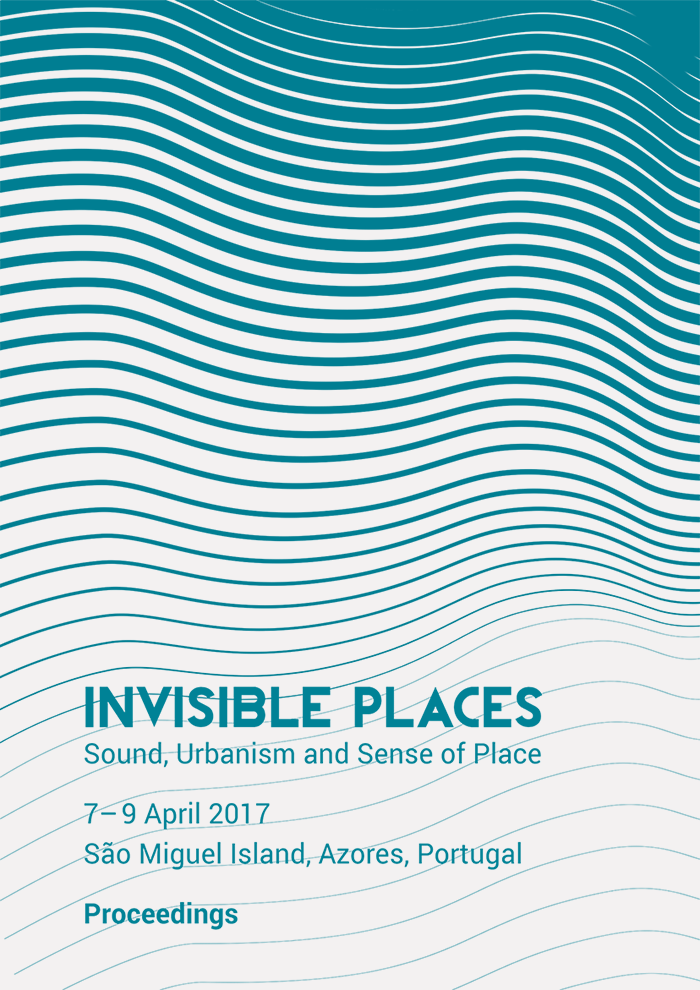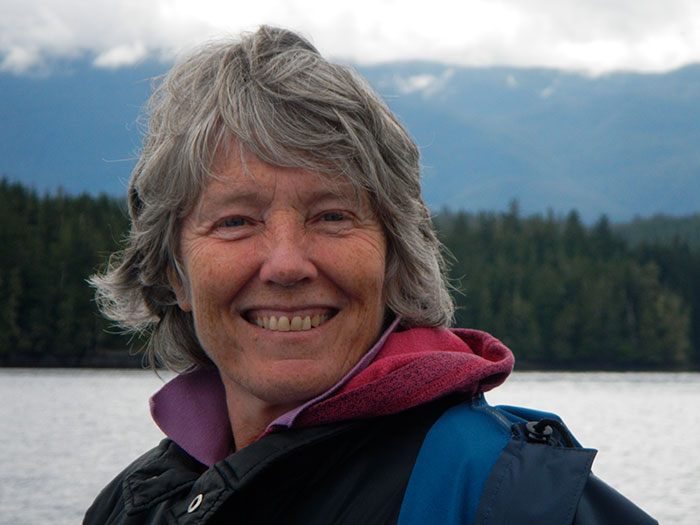

Many studies engaged with acoustic ecology have focused on urban environments, motivated by increasing concerns about the sensory impoverishment related to the dominance of anthropogenic sound associated with traffic and other types of transport, machinery from industry or construction, alarm signals and other sounding activities, which often mask and interfere with our living environment. These anthropogenic sounds have tended to be linked to a lack of environmental quality, as they inhibit the perception of other natural sounds. The sounds of the wind, the water, the voicing of certain animals originating from natural landscapes often contrast with human sounds in urban landscapes. They often share the same physical characteristics as measured by volume, duration, frequency or tone, but are experienced by humans differently. Beauty is in the ear of the beholder, we could say.
Soundscapes are part of any ecosystem and a fundamental manifestation of life. Every individual and species contributes and responds differently to a given sonic context with its own perceptual mechanism and will use diverse communication strategies. Development processes and urbanization have directly influenced the environment, often in negative ways that eliminate or diminish unique sounds, causing loss of social identity and cultural diversity.
Processes that occur in a landscape create patterns of sounds that can be identified. In turn, the entire phenomenon that inhibits or prevents effective acoustic communication can have consequences for the survival of individuals, species and ultimately, entire ecosystems. As our natural soundscapes morph and shrink, threats of extinction increase.
The future of cities is often related to the idea of city as a living environment dependent on and enriched by technology. A city should be seen as a sustainable community, where living organisms coexist and interact with man-made technologies integrated in our everyday life. Landscape therefore reflects the way humans interact with their natural world while organizing space and time. In this sense, landscape ecology should be expanded conceptually and imaginatively to encompass all the possible dimensions of human relations with and within the environment, including its living components.
The aim of this conference is to bring together scholars, artists and theoreticians on soundscape art and ecology and encourage them to present new perspectives that will further interdisciplinary research and practice. We still know little about the complex relationships between landscapes and soundscapes or the significance of acoustic ecology for all living organisms including ourselves. Focused study and intentional stewardship of our sound heritage for the holistic evaluation of landscapes is fundamental to the evolution of all species, and will have a great impact on the survival of many. This will be a central topic to be discussed.

Edited by Raquel Castro & Miguel Carvalhais. ISBN 978-989-746-129-3. 678 pages.
The Invisible Places 2017 program is now online!

Hildegard Westerkamp is a composer, radio artist and sound ecologist. She presents soundscape workshops and lectures internationally, performs and writes.

Sam Auinger is a sonic thinker, composer and sound-artist, who collaborates with city planers and architects regularly. He works together with the composer Bruce Odland as O+A, exploring the central theme of hearing perspective. Auinger has received numerous prizes and awards for his work.

Juhani Pallasmaa was professor of architecture at Helsinki University of Technology, director of the Museum of Finnish Architecture, visiting professor at various architecture schools around the world, and author of numerous articles on cultural philosophy, environmental psychology and theory of architecture and art.
Registration to Invisible Places 2017 is 65€, reduced fee of 30€ for students.
Please register through this form.
The conference venue will be the University of the Açores in Ponta Delgada.
Special Price for Invisible Places participants:
These values are valid for stays at the São Miguel Park Hotel **** between 6 and 10 April 2017 and include buffet breakfast and wi-fi throughout the hotel.
To book online, access bensaude.pt, choose São Miguel Park Hotel from the available list and insert the promotional code INVISIBLEPLACES2017.
Invisible Places was first organized in Viseu in 2014.